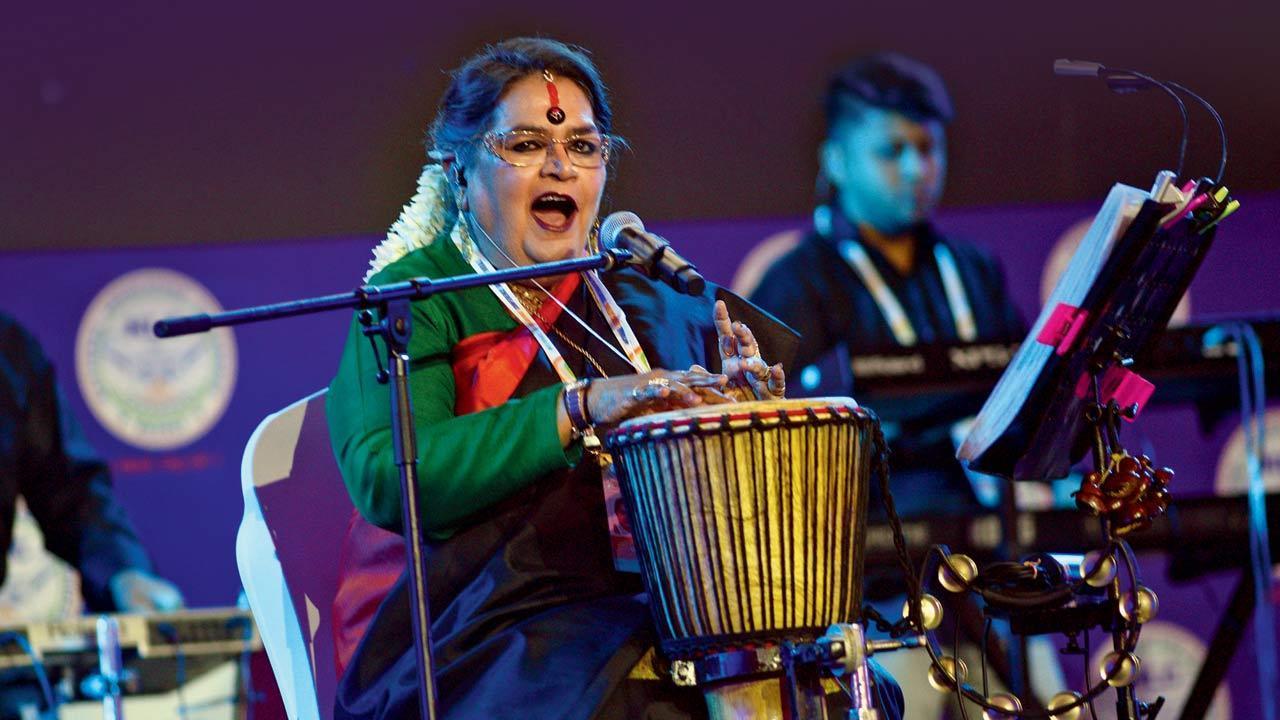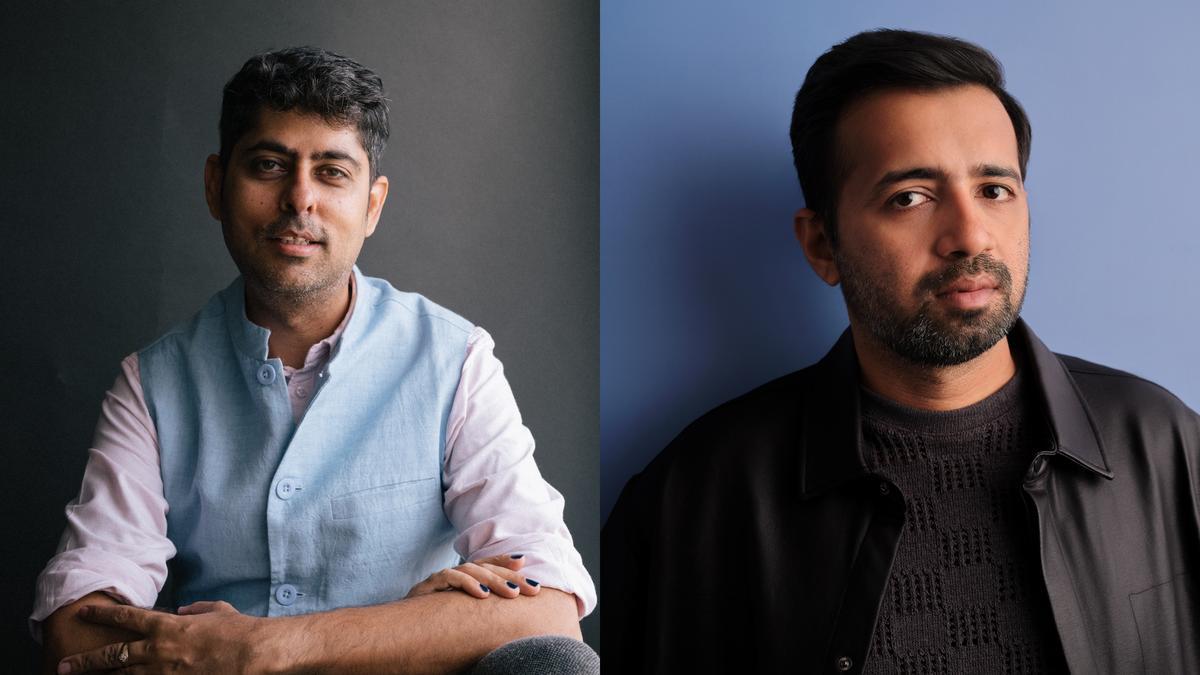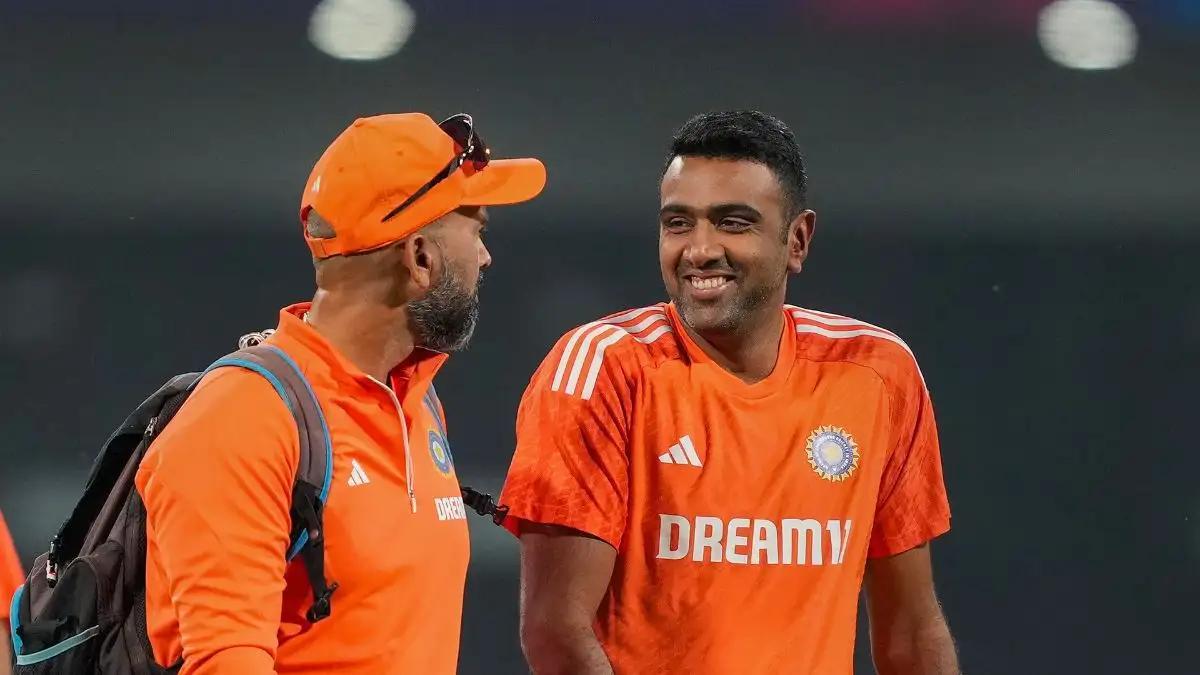
Misdirection is an art well-employed not only by magicians and murderers but also, quite effectively, by film directors. Homi Adajania, whose directorial debut with “Being Cyrus” in 2005 enthralled audiences with its suspenseful thrills and masterful twist, makes a notable return to familiar terrain with “Murder Mubarak.” Adajania has assembled a competent ensemble cast whose diverse and flamboyant performances keep the audience in a state of intrigue. With a blend of comedy and mystery, the film positive engages, though it’s somewhat marred by an uneven portrayal from an otherwise key cast member that inevitably distracts.
Set against the opulent backdrop of the ‘Royal Delhi Club,’ a colonial relic now serving as a playground for the vulgar rich, the club boasts a gym, pool, garden, and dining area, all venues for the vanity-filled exploits of its patrons. This embellished opulence sets the stage for the untimely demise of Leo Mathews (played with unsavory charisma by Aashim Gulati), who meets his end under suspicious circumstances that soon reveal foul play.
As the murder mystery unfolds, we’re introduced to a colorful array of suspects, including a waning starlet, Shehnaz Noorani (Karisma Kapoor), the entrepreneurial socialite Cookie Katoch (Dimple Kapadia), the aristocratic Rannvijay (Sanjay Kapoor), and a pair of childhood sweethearts turned awkward adults, Bambi (Sara Ali Khan) and Akash (Vijay Varma). The cast rounds out with the likes of a cacophonous socialite played by Tisca Chopra and a loyal but forgetful valet, Guppie (Brijendra Kala).
The narrative’s hook firmly plants into the competent and puckish portrayal of ACP Bhavani Singh by the exceptional Pankaj Tripathi. His keen sense of timing and subtle shifts in demeanor evoke a charm that renders even the film’s more extravagant score superfluous. Bhavani, with his belief in attentive dialogue and scrupulous deduction, excels in infiltrating the high society circle, unraveling secrets including blackmail and resentments that permeate Leo’s life.
Writers Ghazal Dhaliwal and Suprotim Sengupta, adapting Anuja Chauhan’s novel, weave a web of humor and suspense that delights for the majority. The plot’s zany nature is epitomized in moments such as the club’s staff wagering on the identity of the murderer—a testament to the film’s self-aware approach to the mystery.
Visually, “Murder Mubarak” is a cornucopia of quirks, featuring a grandiose fistfight and a series of visual jokes, including morbid cake decorations, expertly captured by Linesh Desai’s cinematography and fortified by the design team of Bindiya Chhabria and Arvind Ashok Kumar.
What doesn’t fare as well are the film’s stabs at social commentary. Adajania’s exploration of Delhi’s high society feels somewhat flat and derivative amidst a landscape already saturated by critiques of the same milieu. Additionally, the romantic subplot involving Sara Ali Khan and Vijay Varma’s characters, though central to the plot, feels somewhat laboriously treated.
Tripathi’s chemistry with Karisma Kapoor brings a genuine spark to the screen, a reflection of insightful casting by Panchami Ghavri. The supporting roles played by Dimple Kapadia, Tisca Chopra, and Sanjay Kapoor are predictably solid, with Kapoor delivering comedic bliss in his unique way.
“Murder Mubarak” elucidates that the key to a compelling whodunit is not a tangled plot but a cavalcade of characters that entrance and entertain. Pankaj Tripathi’s return as the nonpareil yet inconspicuous detective, donning a golf hat and glasses in one scene, reassures us of his unquestionable talent.
Currently available for streaming audiences on Netflix, “Murder Mubarak” encapsulates Indian cinema’s ability to take an established genre and breathe into it novelty, humor, and a dash of panache, thanks in no small part to the performances of its diverse ensemble cast.










